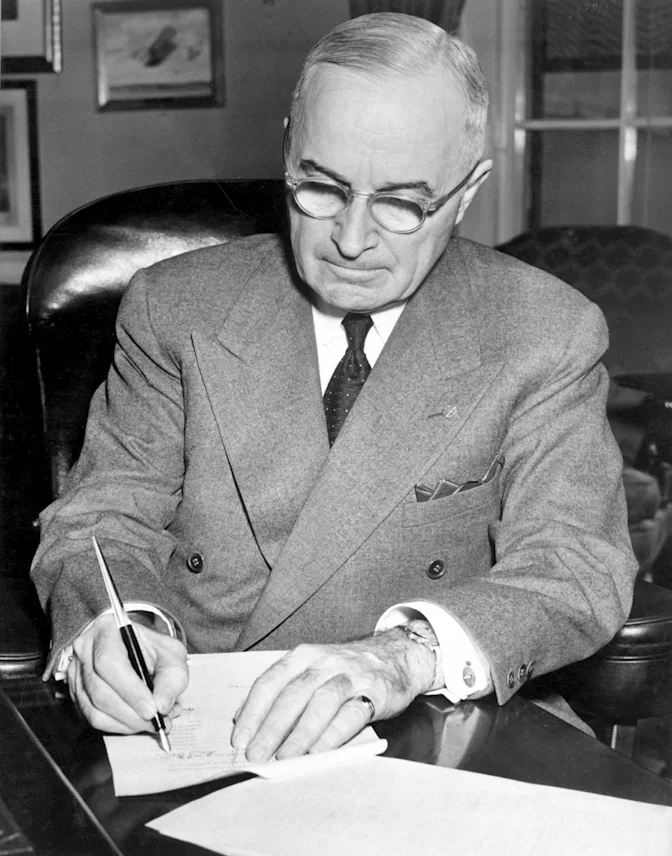
President's Temper Explodes
In December 1950, Harry Truman, the 33rd President of the United States, became embroiled in a public feud that showcased his famously short temper. The cause of his ire? A critical review of his daughter Margaret Truman's singing by Paul Hume, a music critic for The Washington Post. This confrontation between the president and the press remains one of the most dramatic instances of a U.S. leader clashing with a critic.
A President's Daughter in the Spotlight
Margaret Truman was frequently in the public eye as the daughter of the President. An aspiring soprano, she was also known due to her efforts to establish herself as a professional singer.
On Dec. 6, 1950, she performed at Constitution Hall in Washington, D.C. The next day, Paul Hume published a review in The Washington Post, suggesting that Margaret's performance was lacking. He noted her struggles with pitch and implied that she had not improved despite years of public performances.
Truman's Explosive Response
Truman, known for his plain-speaking style and occasional outbursts, did not take kindly to the criticism. The day after Hume's review was published, the critic received a letter on White House stationery. Truman's letter was not just a defense of his daughter; it was a direct and personal attack on Hume, implying that the critic was frustrated by his own lack of success. The President went so far as to threaten physical violence, suggesting that Hume might need a new nose and have black eyes the next time they met.

Public Reaction and Fallout
The letter was soon made public, leading to a flurry of reactions from the press and the public. Some defended Truman's reaction as evidence of his honesty and dedication to his family, while others were alarmed by the president's aggressive tone. Critics of Truman pointed out the potential dangers of a president who could so easily lose his temper, especially in the context of his authority over the nation's most powerful weapons.
Margaret Truman herself was reportedly surprised by her father's letter, initially doubting its authenticity. Despite this, she defended Hume's right to express his opinions freely. The incident, however, did not diminish her ambition; she continued to pursue her singing career.
The Legacy of Truman's Temper
This episode highlights a unique moment in U.S. history where a president's personal life clashed with his public responsibilities. Truman's outburst, while shocking, also reinforced his image as a straightforward and fiercely protective father. Over time, the letter itself became a collector's item, selling for $3,500 in 1951 and now residing in a private collection.
While the incident may seem trivial in the grand scope of history, it offers a glimpse into Truman's character and the pressures of the presidency. His reaction to Hume's review serves as a reminder that even those in the highest office are not immune to personal grievances.
In the end, this story is more than just a footnote in the history of Truman's presidency — it is a testament to the complexities of being a public figure and the often-blurred lines between personal and public life.
References: Remembering the time a president threatened to punch a Washington Post critic | Harry Truman, From His Place of "Terrible Responsibility," Analyzes the Press
























